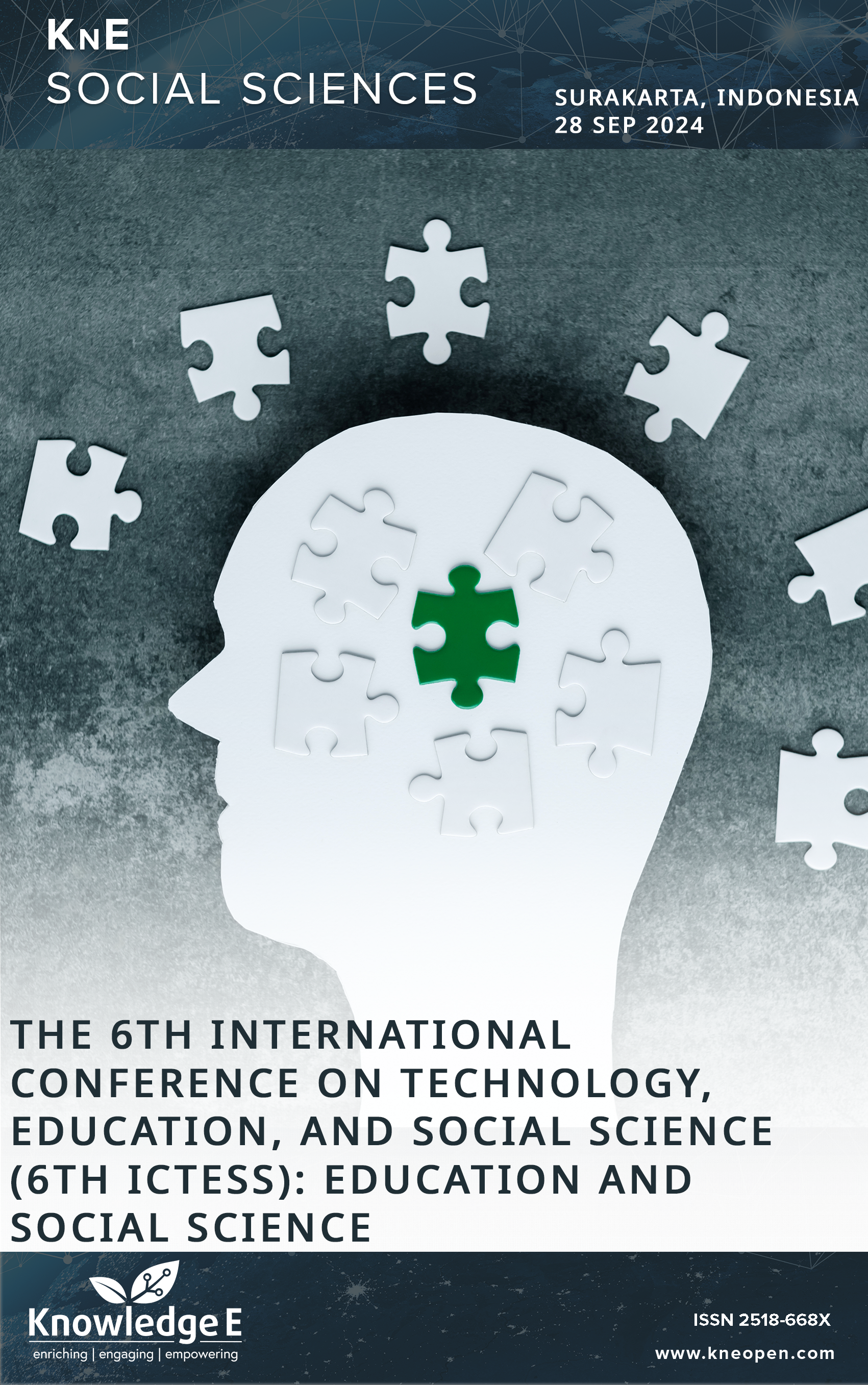Islamic Populism as Identity Politics: Dynamics and Challenges in Indonesian Democracy
DOI:
https://doi.org/10.18502/kss.v10i17.19339Keywords:
populism, Islam, democracy, social, pluralismAbstract
Islamic populism has grown rapidly in Indonesia as one manifestation of political identity that plays an important role in the dynamics of democratic politics. This phenomenon is considered a form of dissatisfaction of some Muslim communities with political and economic structures that are considered unfair and elitist. Islamic populism emphasizes the dichotomy between the holy group (ummah) and marginalized groups that face the political elite who are considered corrupt and do not represent the interests of the majority. The purpose of this article is to examine the development of Islamic populism in the context of Indonesian democracy, with a focus on how religion is used as a tool for political mobilization and the formation of collective identity. This study uses qualitative and quantitative approaches involving the analysis of various political events, including the 2014 and 2019 General Elections, the 2017 Jakarta Gubernatorial Election, and social movements such as the 411 and 212 Islamic Defense Actions. Quantitative data from research institutions such as LSI, SMRC, and political indicators Indonesia are used to measure public perceptions of politics based on religious identity and show a significant increase in preferences for identity politics among the Muslim community. This article also discusses the main challenges faced by Indonesia in managing Islamic populism, in line with the principles of integrative and pluralistic democracy. The results of this study are expected to contribute to academic understanding and become a guide in responding to the dynamics of Islamic identity politics in the era of modern democracy in Indonesia.
References
[1] Mudde C, Rovira Kaltwasser CR. Populism: A Very Short Introduction. Oxford: Oxford University Press2017. https://doi.org/10.1093/actrade/9780190234874.001.0001.
[2] Mietzner M. Populist anti-Ahok mobilization in Jakarta: islamic identity politics and democratic resilience. Contemp Southeast Asia. 2018;40(3):358–83.
[3] Aspinall E, Mietzner M. Indonesia’s democratic stagnation: anti-pluralism and oligarchy. Democratization. 2019;26(2):221–40.
[4] Hadiz VR. Islamic Populism in Indonesia and the Middle East. Cambridge: Cambridge University Press; 2016. https://doi.org/10.1017/CBO9781316402382.
[5] Hidayatullah S. Identity Politics and the Challenges of Democracy in Indonesia. J Polit. 2021;6(2):101–15.
[6] Indonesian Survey Institute (LSI). National Survey Report: Identity Politics in the 2019 Elections. Jakarta: Lembaga Survei Indonesia; 2019.
[7] Indonesian Survey Institute (LSI). Public Perception of Identity Politics. Jakarta: Lembaga Survei Indonesia; 2019.
[8] Saiful Mujani Research and Consulting (SMRC). National Survey: Public Sentiment on Religious Politics. Jakarta: SMRC; 2022.
[9] Indikator Politik Indonesia. National Report on Identity Politics in the Digital Era. Jakarta: Indikator Politik Indonesia; 2021.
[10] Drone Emprit. Social Media Analysis: 411 and 212 Islamic Defenders Action. Drone Emprit Report; 2017.
[11] Wahid F. Identity Politics on Social Media. Jurnal Komunikasi. 2021;16(1):45–60.
[12] Mudde C. The Populist Radical Right: A Reader. London: Routledge; 2017. https://doi.org/10.4324/9781315514553.
[13] Temby Q. Imagining an Islamic State in Indonesia: From Darul Islam to Jemaah Islamiyah. Indonesia. 2010;89(1):1–36.
[14] Hiariej E. Political Islam and Islamic Politics in Contemporary Indonesia. Jurnal Masyarakat dan Budaya. 2020;22(1):1-16. DOI: https://doi.org/10.14203/jmb.v22i1.474.
[15] Latif Y. Muslim Intelligentsia and Power: The Genealogy of Indonesian Muslim Intelligentsia in the 20th Century. Bandung: Mizan; 2005.
[16] Lim M. @crossroads: Democratization and Corporatization of Media in Indonesia. Jakarta: Internews; 2012.
[17] Mietzner M, Muhtadi B. Explaining the 2016 Islamist Mobilisation in Indonesia: Religious Intolerance, Militant Groups and the Politics of Accommodation. Asian Stud Rev. 2018;42(3):479–97.
[18] Hadiz VR. Populism and Islamic Movements in Indonesia. ISEAS Perspective. 2017; 13:1–8.
[19] Fealy G. Indonesian Politics in 2017: The Year of the Earthworm. Bull Indones Econ Stud. 2018;54(1):1–27.
[20] Mujani S, Liddle RW, Ambardi K. Kuasa Rakyat: Political Discourse Analysis in Indonesia. Jakarta: LP3ES; 2012.
[21] Sastramidjaja Y, Haryanto I. The Rise of Cyber Militias: Civil Society and Democracy Under Fire in Indonesia. NetPolitics. 2019;5(2):23–40.
[22] Nugroho Y, Siregar RE, Laksmi S. Mapping the Landscape of the Media Industry in Contemporary Indonesia. Internews Europe; 2012.
[23] Ministry of Communication and Information Technology of the Republic of Indonesia (Kominfo). Hoax Issues Report, 2018-2019 Period. Jakarta: Kominfo; 2020.
Published
How to Cite
Issue
Section
License
Copyright (c) 2025 Daffa Adnanabin, Immanuel Zefa, Brilian Chris G

This work is licensed under a Creative Commons Attribution 4.0 International License.

